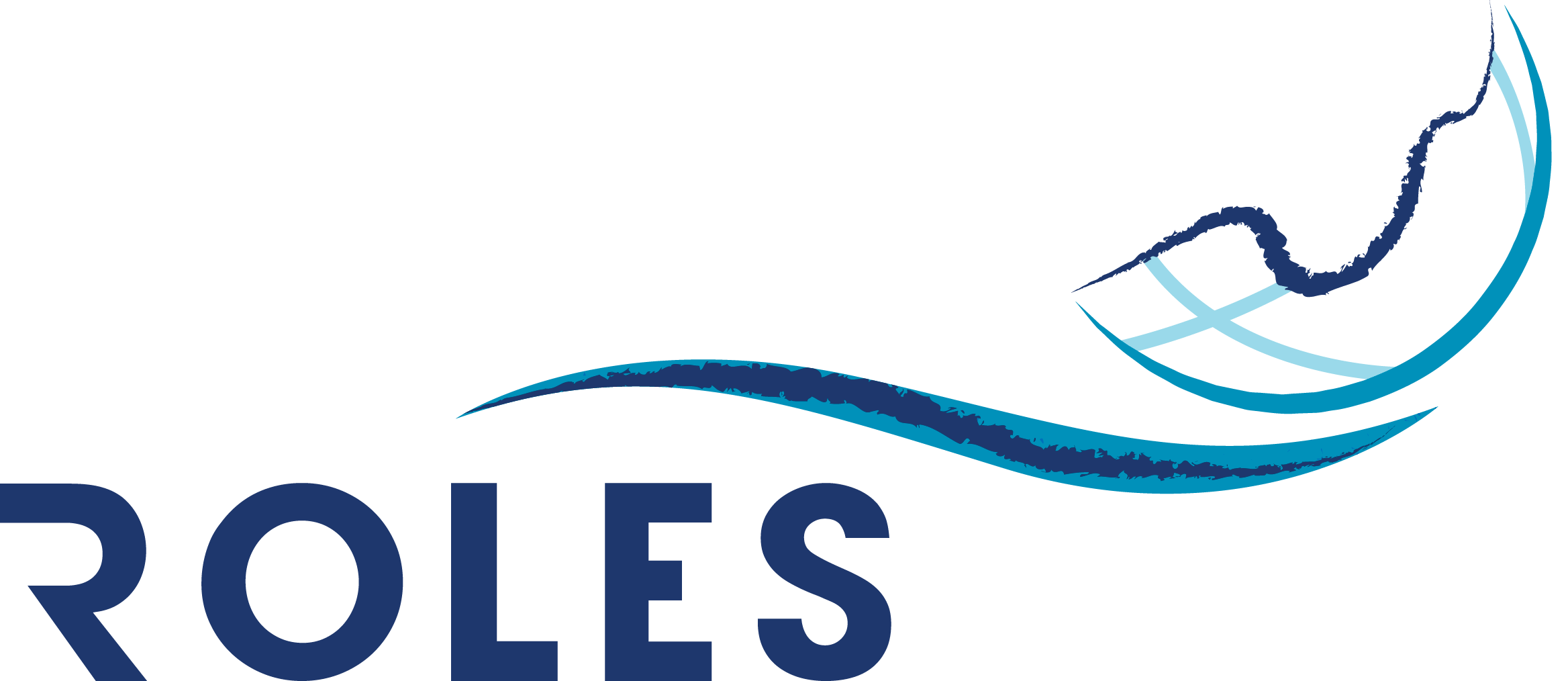
Since its inauguration in 2017, the annual Global Aviation Security Symposium hosted by the International Civil Aviation Organization (ICAO) has served as a critical international event to discuss the threats to and vulnerabilities in civil aviation security.
Under the theme of “Business Not as Usual,” this year’s round of the Symposium (AVSEC2021) held in early September addressed issues relating to the safety and security of operations and the steps that need to be taken under COVID-19 conditions. Furthermore, coinciding with the 20th anniversary of the September 11th terrorist attacks, AVSEC2021 reaffirmed the international commitments in achieving the ICAO’s Global Aviation Security Plan.
But while the international efforts are notable, there are still critical issues that hinder robust international coordination and cooperation mechanisms for civil aviation security. Problems are particularly urgent in the Indo-Pacific, where there is much interdependence and demand for international travel despite the lack of a regional mechanism for civil aviation security.
First, the diversity in state governance means states have different styles of governing transport security. While the variety in structures, processes, and circumstances is natural, it also creates obstacles for smooth international measures to implement Standards and Recommended Practices (SARPs). Problems are particularly severe in states with failed governing systems that lack the adequate mechanisms for civil aviation security, but also excessively authoritarian regimes like North Korea that naturally place greater focus on regime security than public safety (or at least assume that the former would naturally mitigate the latter).
Second (which somewhat relates to the first), there is still a significant number of states that have inadequate access to necessary technologies and protocols for civil aviation security. The problems are especially notable in less-developed states with poor condition of infrastructures and platforms, as well as discrepancies in procedures due to a lack of know-how and proper enforcement. Such issues increase the probability of human and technical error while also creating vulnerabilities against insider threats.
Third, geopolitics continues to undermine international efforts for civil aviation security. The most notable geopolitical victim in the context of civil aviation security is Taiwan (Republic of China), who continues to be barred from becoming a member of the ICAO despite its active role in international civil aviation. Consequently, Taipei has no direct access to critical information and regulations vital to flight operations.
To ensure proper global implementation of SARPs, the ICAO issued the slogan of “No Country Left Behind.” Indeed, civil aviation security has made significant strides in recent decades. Nevertheless, international efforts have seldom kept pace with the problems that continue to undermine the safety and security of civil aviation. While it is easy to blame the inadequacies of international organizations, much is also about the insufficiencies in the states’ policies and coordination among the various government organs and civil aviation operators.
Civil aviation remains to be crippled by the ongoing COVID-19 pandemic, with many forecasting that it will still take years before the industry can make a full recovery. Yet now is also the time when states and the international community must recalibrate and improve coordinated, cooperative, and inclusive efforts for greater safety and security in civil aviation to truly achieve the ICAO’s motto of “uniting aviation.”
***********************************************
Ryo Hinata-Yamaguchi is a Project Assistant Professor at the Research Center for Advanced Science and Technology at the University of Tokyo and an Adjunct Fellow at the Pacific Forum. Ryo can be followed on Twitter at @tigerrhy.
Related Publications
Commentary
2025.03.30 (Sun.)
Commentary
2025.02.26 (Wed.)
Commentary
2024.09.18 (Wed.)
Commentary
2024.09.01 (Sun.)

